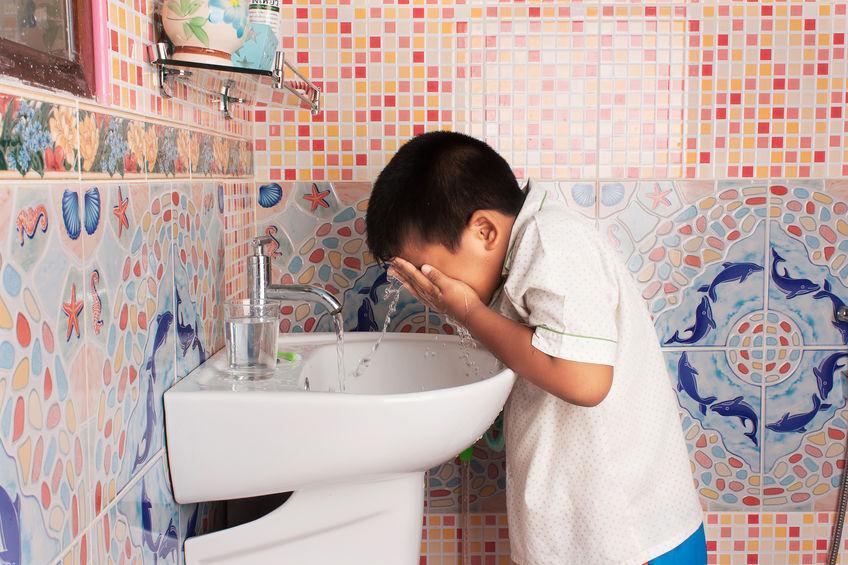Understanding Skincare For Children
When children are younger, the skin is more resilient. However, that doesn’t mean that children don’t need a skincare routine at all. The early years are an excellent time to start teaching children about regularly washing the hands and face. What skincare do children need? There are 3 tips all parents should know.
1. Back to basics
Every child is different. However, most will get needs met with basic cleansers and lotions. Skincare for children doesn’t need to be overcomplicated. Use a gentle, unscented soap and lotion. Young children may object to splashing water on the face. Try to make washing the face into a game. For example, use a warm washcloth to play hide and seek until the face is cleansed.
2. More is not always better
Depending on the child’s complexion, children may not need a bath every day. For example, those who have eczema are more prone to dry skin. Over-washing the face or body can make eczema symptoms worse. Infants and toddlers don’t need skin washed more than twice per week. As children grow into adolescence, washing the face daily becomes necessary.
3. Don’t forget sun protection
Perhaps the most essential part of a skincare routine for children is a daily sunscreen application. Most parents remember to lather up on a beach day or at the pool. But sunscreen is vital every day, even in winter months. Sunburns in childhood increase a person’s risk of skin cancer later on. Some research has shown that only 25% of kids wear sunscreen regularly. Parents should make sunscreen part of the daily skincare routine. When spending the day outside the home, bring sunscreen along for reapplication.
Other skin conditions
Children can sometimes experience skin conditions that make proper skincare more of a priority. Children with these conditions will require some extra skincare steps. For example, kids with eczema should avoid long, hot baths. Parents should use thick moisturizers with ceramides right after bathing or showering to help lock in moisture. Keep children dressed in non-irritating fabrics like cotton and use mild, fragrance-free laundry soap or detergent.
When to ask for help
Some children can have a healthy complexion with a basic skincare routine. Others may need more help. Children who frequently experience rashes, itching, or overly dry skin may benefit from prescription creams or topical products. To learn more about skincare for children, consult with a dermatologist.





